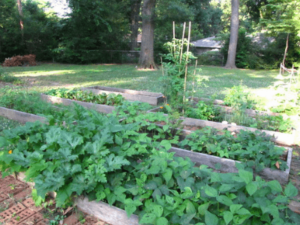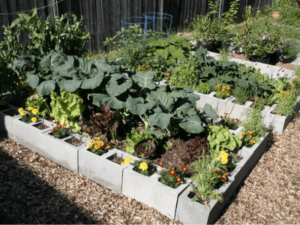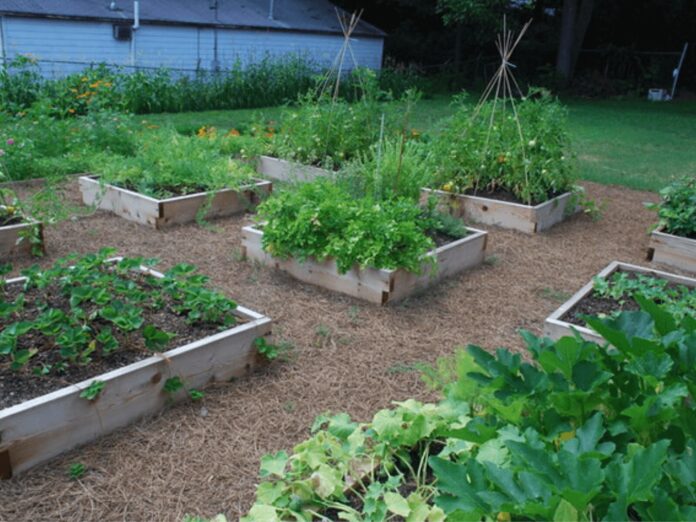Are you setting up a garden in your backyard or nearby your home? Then, here are simple and effective techniques on how to fully go organic and scale-up your productivity.
In simple terms, by switching to organic methods over traditional methods, you can avoid weeds and need not worry about pests. Most important is, by going organic, your yield wouldn’t suffer.
Okay, to start with, let’s get to know about a couple of Garden basics: Find a garden spot: Identify a spot at your backyard or may it be any space, but make sure it gets ample sunlight throughout the day with sufficient air circulation. Let the plants get a minimum of 6 hours of direct sunlight for a day.

These are the two basic and essential things that you should look upon if you care about, to begin with, gardening.
Benefits of adopting organic methods for your garden:
- No fertilizers are needed
- Limited need for soil preparation
- Effective weed control &
- No pest issues
As a prime step, choose Eden-Gardening Method.
This method has numerous advantages over other traditional methods and is now practiced by many pro-gardeners and the results are productive and overwhelming.
With this method, there is no need for soil preparation and the soil will be layered with the woodchips, dry leaves and even with the stones. The stones along with dry leaves and woodchips help in the growth of microbes and help to retain the soil moisture.

No need for traditional soil preparation methods; no-tilling and no extra work has to be done. The woodchips and the dry leaves along with the extra organic waste would do the job for you.
Do permaculture:
Permaculture is the development of an agriculture system intended to be sustainable and self-sufficient.
Don’t waste a good space. Do the permaculture right next to your house or sidewalls or even in your garage. Plant shrubs and flowering plants all over the place. By doing this, you will create a diverse tiny ecosystem in and around your garden that would bring in butterflies and bees and this would help you on pest control, which is a major issue of the gardening many people are facing. And it’s free and you need not invest a penny on pest control.
Another important tip is, convert dead space into your garden spots.
Use natural rocks and small stones in your garden and it would help in the water retention.
Learn how to mix-up things.
Implement companion planting: Go smart and diversify your space. Grow some herbs, shrubs, bushes and let the wild grass grow. By doing so, you would attract many flies, insects and even bees which would help you on pest control.
Use organic compost.
When choosing the compost, try to use organic compost and avoid synthetic compost. Feed the soil naturally. The best way is to use natural compost through compost workers such as chickens and rabbits.
Use the chicken poop compost and rabbit poop compost as your compost and they serve you other byproducts. Say, for example, if you consider chickens as your compost source, then you get eggs and meat as byproducts. So it’s very productive, yet, at the same time very economical. If you are outsourcing your compost, then make sure the compost would be organic.
Use organic seeds.
- If you expect good produce or want your productivity to go high, choosing organic seeds right from the start is very necessary.
- Make sure you use certified organic seeds/plants as they would have met certain standards and had been to various quality checks before coming to you. Organic seeds/plants will be free from fertilizers, pesticides, and chemicals.
- Make sure whatever company you buy your seeds from, the company should get the USDA badge over it. Or if in other countries, make sure the company would be quality tested and be 100% organic.
On the whole, you might have got a brief idea about how to start an organic garden, basic tips, gardening method, benefits of organic gardening and some useful techniques to scale up your productivity. Hope this article helped you.

